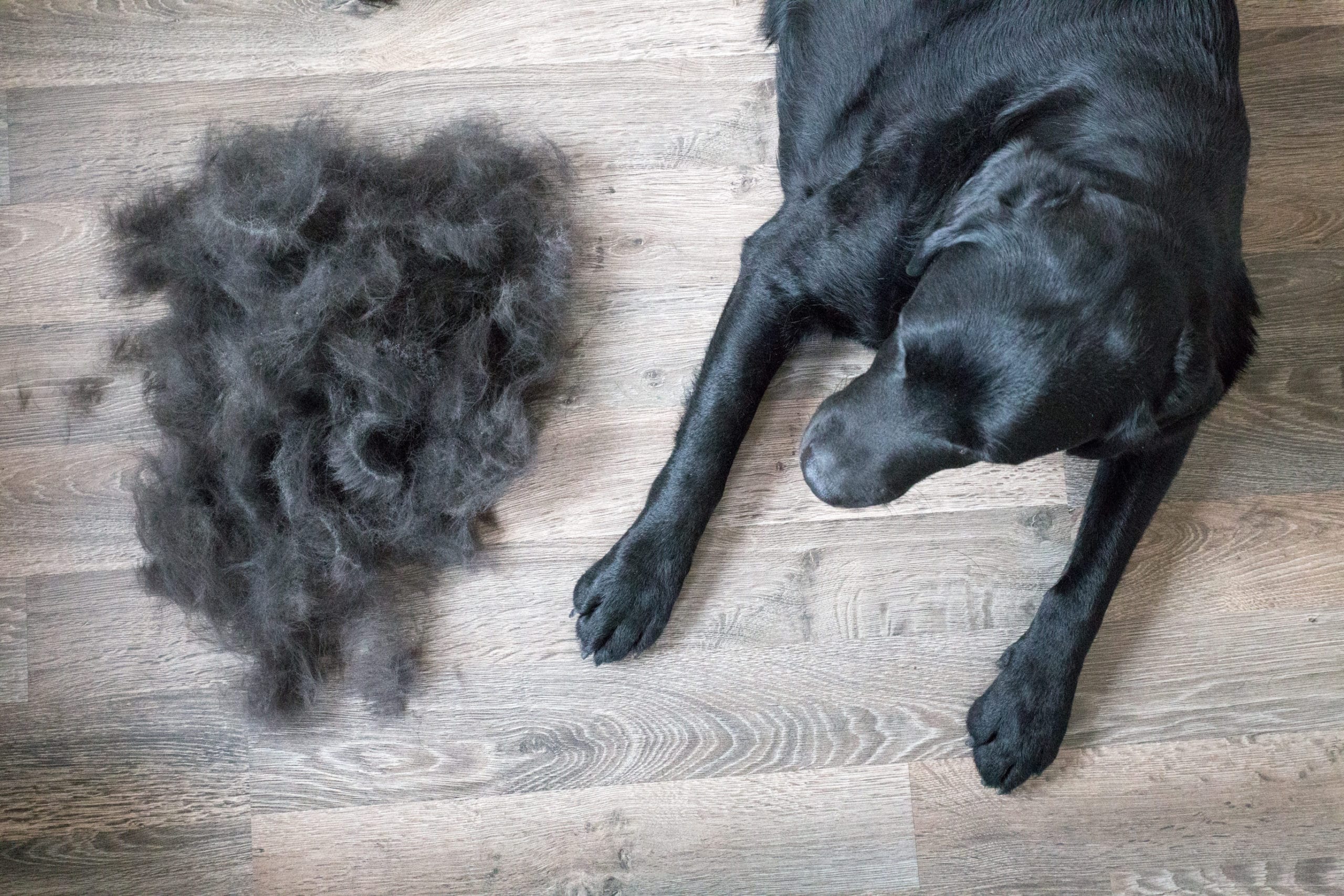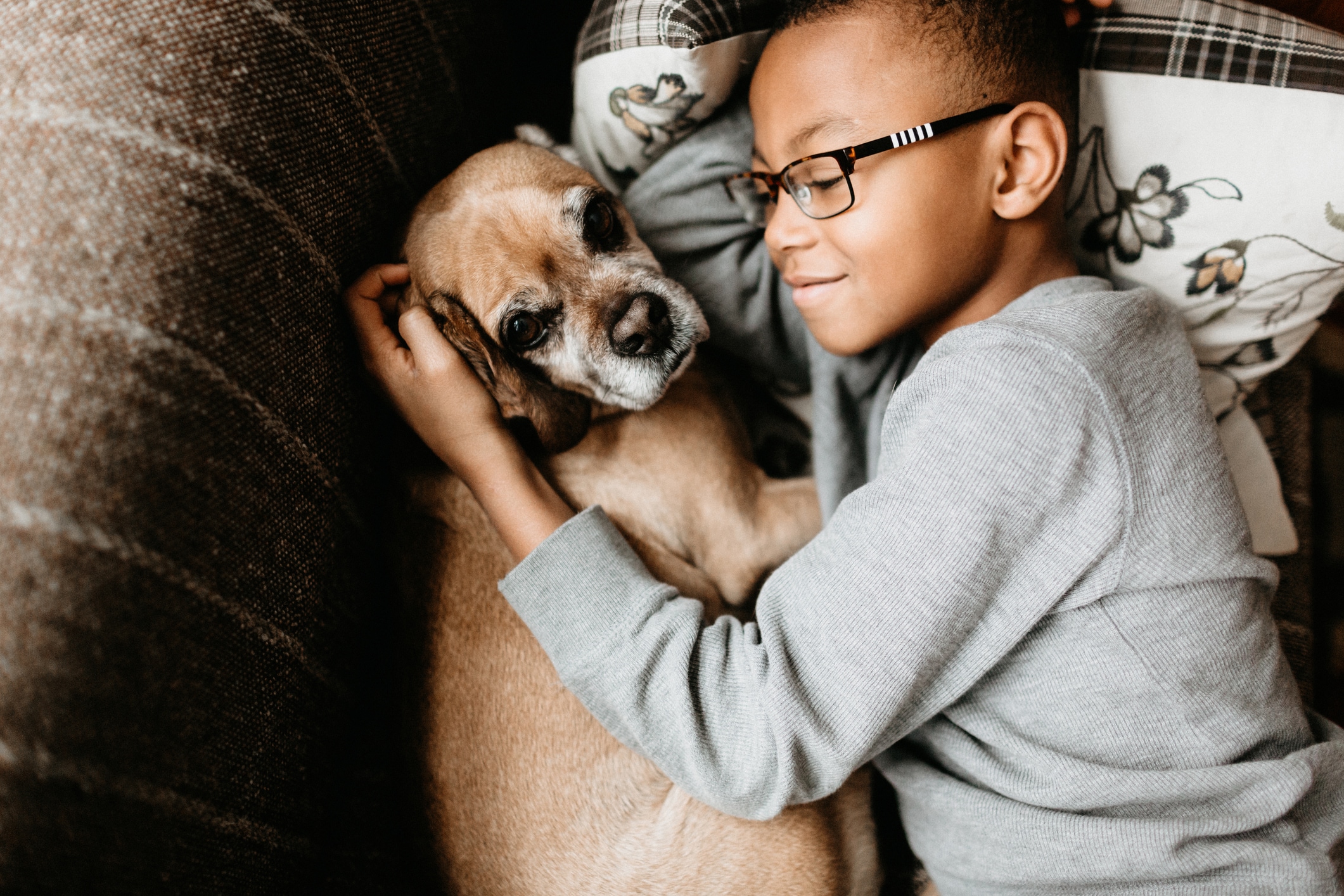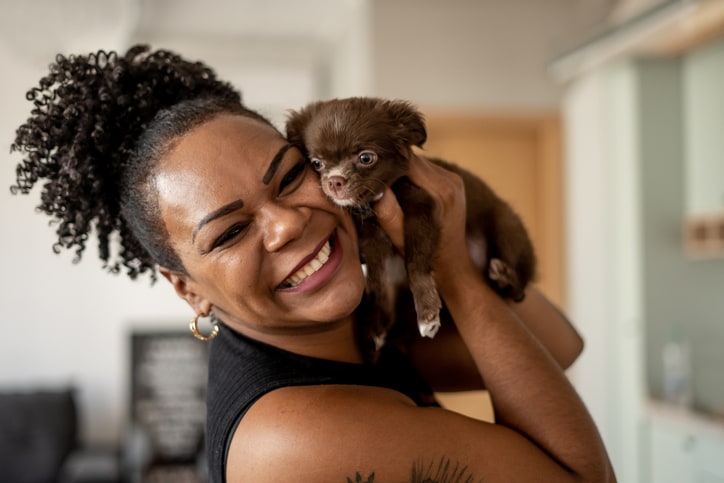There are few things in life as relaxing as snuggling up next to a purring cat — you know, if your pet allows it. But what does purring mean and why do cats make this noise?
“In general, cats purr out of happiness,” says Dr. Jennifer Lavallee, a fourth-generation veterinarian at Cat Specialist in Castle Rock, Colorado.
But here are a few other things to know about cat purring.
Why do cats purr?
Cats don’t just purr because they’re happy. Here are a few more common reasons why your cat may make this ever-so-adorable sound:
1. The cat is soothing her kittens
It’s common to find a mama cat purring next to her baby kittens, says Dr. Raffy Dorian, veterinarian at Central Coast Veterinary Services in Morro Bay, California. Much like human newborns, baby kittens are pretty helpless, as they are blind and deaf when born. They can, however, feel their mom’s purr. “It’s a soothing sound,” says Dorian. “When mama cats purr, it echoes through and calms the kittens down.”
2. The cat is not feeling well
As if it isn’t difficult enough to decode cats, you may sometimes find your feline friend purring when they’re not feeling well. Purring releases endorphins, says Lavallee, so a sick cat may purr to help themselves feel better. As such, you should be concerned if you find that your cat is purring but not eating or interacting with your family. And Lavallee adds that this behavior may warrant a visit to the vet.
3. The cat is trying to calm themselves down
Those happy endorphins can also come in handy when a cat feels nervous and wants to calm themselves down, says Dorian. This particular type of purring often comes into play during visits to the vet or pet groomers.
In this scenario, purring can actually get in the way of your vet hearing your cat’s heartbeat and lungs. If you need to get your cat to stop purring, Dorian recommends placing a cotton ball soaked with some rubbing alcohol under your cat’s nose.
What to do if a cat’s purr changes?
A cat’s purr should sound generally the same from one situation to the next. For this reason, according to Dorian, be wary of any changes to the pitch or tone of this sound. “If anything changes about the purr and one day it sounds different,” he says, “at least call the vet.”
While a change in purring sound may not necessarily be a cause for concern, it could potentially be a symptom of a respiratory infection or throat cancer, according to Dorian. “But with that,” he adds, “usually you’ll see they have trouble swallowing, as well.”
Should you worry if a cat does not purr?
Why do some cats purr so quietly that you can hardly hear them while others are as loud as a rumbling freight train? “I think it has to do with their voice box,” says Dorian. “Some may not be able to use it as well as others,” he says. “But I don’t think a cat that doesn’t purr is one that’s not happy.”
So don’t fret if you don’t hear your cat purring. “All cats are capable of purring, but it’s sort of like asking why some people don’t whistle,” says Lavallee. “They just don’t. It’s not their demeanor.” It’s also possible that your furry friend might just be purring so quietly that you simply don’t hear or feel the vibrations, says Dorian.
As such, you should look for other signs that indicate happiness. “Some cats drool and knead their paws when they are happy instead of purring,” says Lavallee. “It’s just individual variation.”





